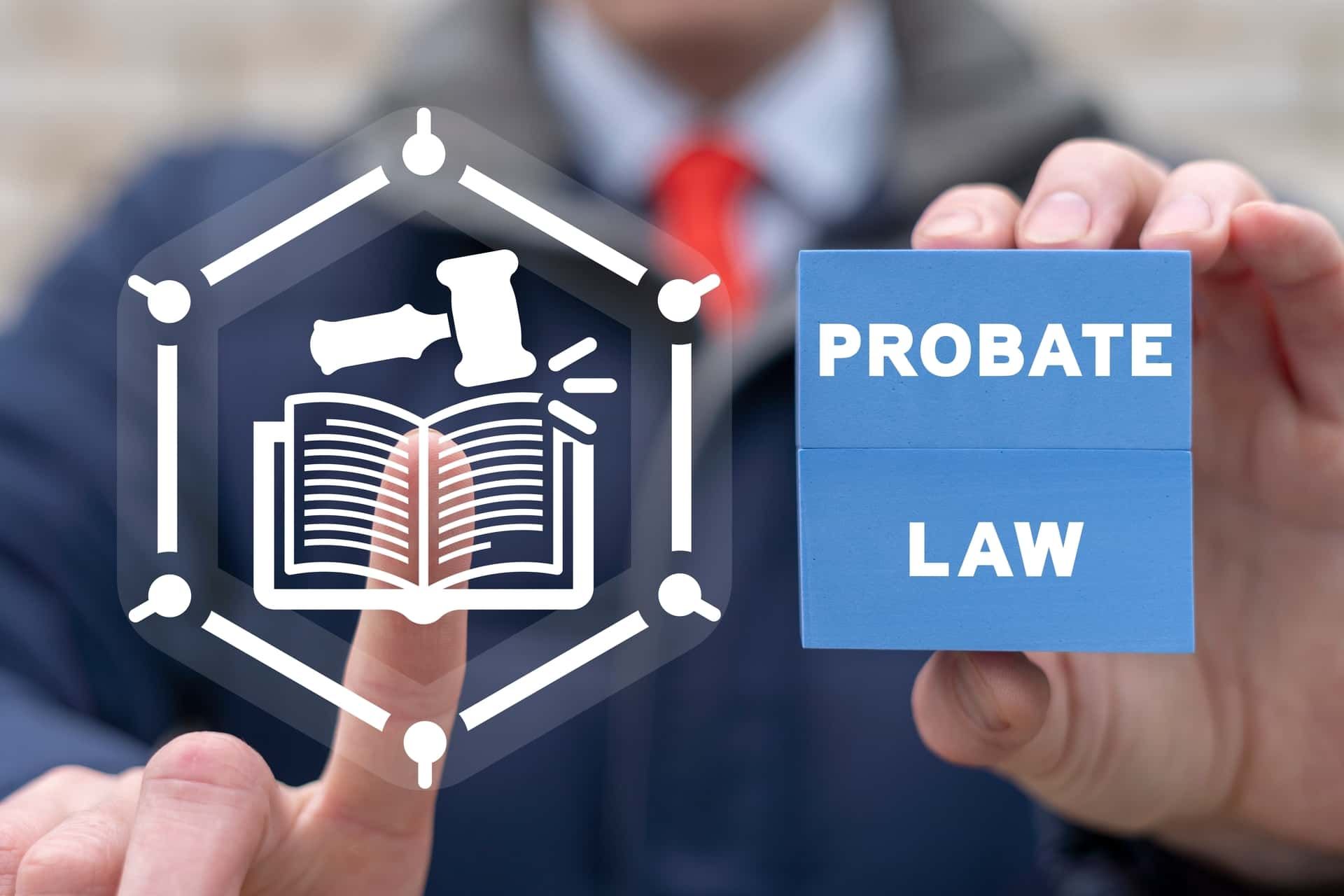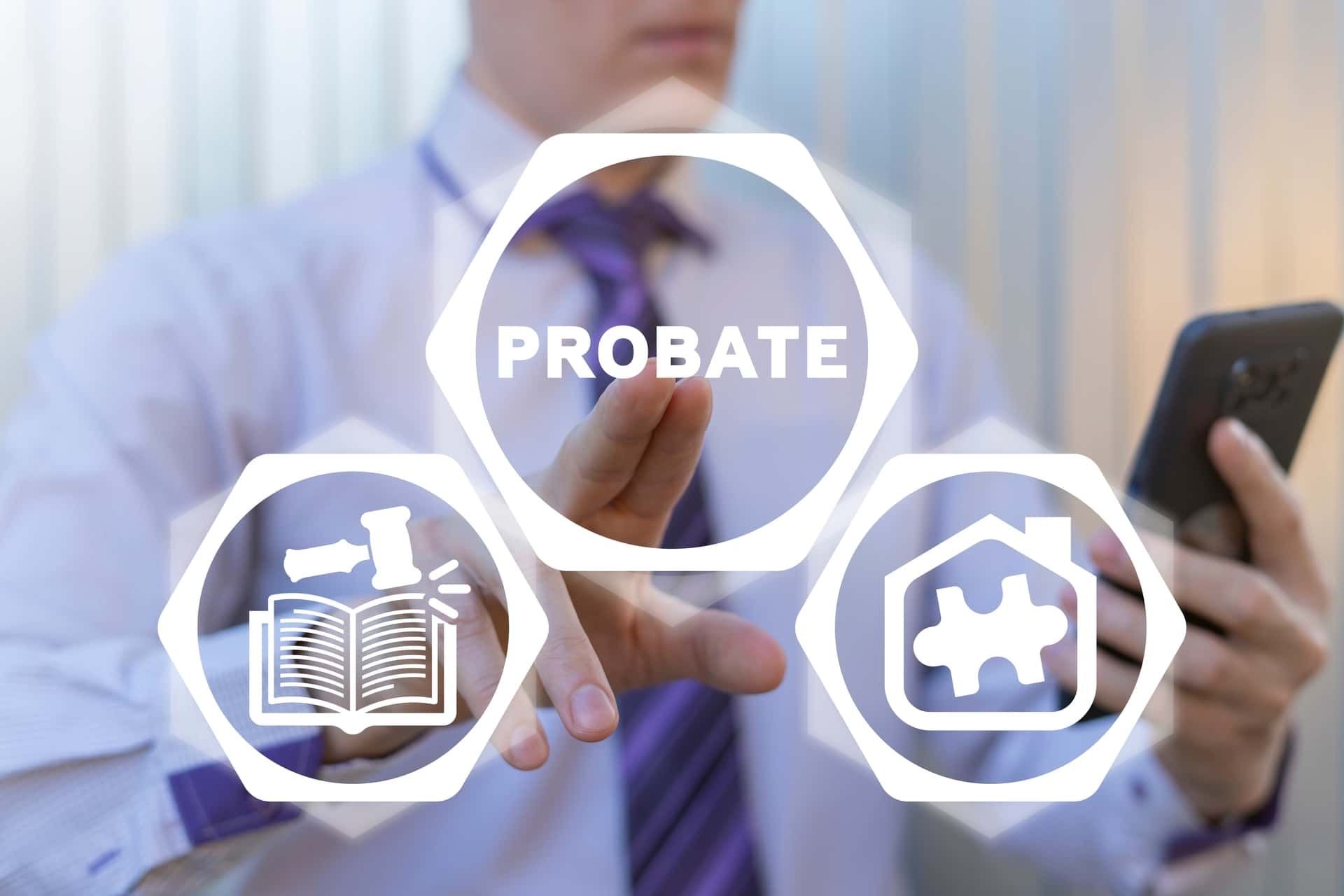How to Settle Your Debt With the IRS on Your Own?
IRS debt can be overwhelming and intimidating. If you have unpaid debt that you owe the IRS, it’s important to know your options.
At the Law Offices of Mary King, we deal with tax matters like IRS debt on a regular basis, so we know just how worrisome it can be.
The good news is that you have options and don’t have to feel hopeless about your debt. In this blog, we’ll go over some tips on how to settle your debt with the IRS on your own.
What Happens if You Don’t Pay Your Debt?
The first thing to know is what will happen if you don’t pay your debt. The IRS can take a number of actions if you don’t pay, including:
1. Filing a notice of federal tax lien
2. Issuing a levy on your wages or bank account
3. Seizing your property
4. Revoking your passport
Each of these actions can have a major impact on your life, so it’s important to take your debt seriously.
What Are Your Options for Settling Your Debt?
Now that you know what can happen if you don’t pay your debt, let’s go over some options for settling it.
Establish a Payment Plan
If you owe money to the IRS, the first thing you should do is try to come up with a payment plan. The IRS offers several different types of payment plans, so you can choose the one that best fits your situation.
Some payment plans allow you to pay off your debt over a period of time, while others require you to pay a lump sum up front.
If you’re not sure which type of payment plan is right for you, you should consider speaking to an IRS attorney to get some help.
(OIC) Offer in Compromise
Another option for settling your debt is to offer the IRS an “Offer in Compromise.” This is basically where you offer to pay the IRS less than the full amount you owe.
The IRS will only accept an Offer in Compromise if they believe it’s the only way they’ll be able to collect the debt.
To qualify for an Offer in Compromise, you’ll need to prove that you can’t pay the full amount of your debt and that paying any amount would create a financial hardship for you.
If you’re considering an Offer in Compromise, it’s important to speak to an IRS attorney to make sure you have a good chance of having your offer accepted.
(CNC) Currently Not Collectible Status
If you can’t afford to pay your debt, you may be able to get your debt placed into “Currently Not Collectible” status.
This basically means that the IRS has agreed to temporarily stop trying to collect your debt.
To get your debt placed into Currently Not Collectible status, you’ll need to prove that you can’t afford to pay your debt.
If you’re considering this option, it’s again important to speak to an IRS attorney to make sure you have a good chance of being successful.
Moreover, any interest and penalties will continue to accrue until you’re able to pay off your debt in full. Therefore, it’s important to try to pay off your debt as soon as possible, even if you’re in Currently Not Collectible status.
Get Help From an IRS Attorney
If you’re struggling to settle your debt with the IRS, you may want to consider getting help from an IRS attorney. An attorney can help you understand your options and figure out the best way to approach your situation.
At the Law Offices of Mary King, we have experience helping people settle their IRS debt. We can help you understand your options and figure out the best way to approach your situation. Contact us today to learn more.
A Word about IRS Debt Collection
The IRS is notorious for aggressive debt collection. If you owe money to the IRS, it’s important to know your rights and what you can do to protect yourself.
The first thing you should do is educate yourself about the IRS’s debt collection process. This will help you understand what the IRS can and can’t do to collect your debt.
You should also consider speaking to an attorney about your rights and what you can do to protect yourself from aggressive debt collection tactics.
IRS Levy
If you don’t pay your IRS debt, the agency may eventually take action to collect the money you owe. One way the IRS does this is by levying your bank account.
If the IRS levies your bank account, they will take the money you owe directly out of your account. This can leave you in a difficult financial position, so it’s important to try and avoid a levy if possible.
If the IRS does levy your bank account, you may be able to get the money back by filing a claim of exemption.
The Bottom Line
If you owe money to the IRS, it’s important to understand your options for settling the debt. There are a few different ways to do this, and the best option for you will depend on your individual circumstances.
If you’re struggling to settle your debt, don’t delay in seeking a solution. The sooner you do so, the less stressed you will feel about it. Debt can have debilitating effects on your life, so it’s important to take action to address it as soon as possible.
Need Help Paying Your Tax Debt? Call IRS Attorney Mary King Today
Don’t let your tax debt control your life? Call the Law Offices of Mary King today to speak with an experienced IRS attorney. We will work with you to help you get your debt under control. Use the contact information below to get started.
Phone: 941-906-7585
Online: Contact form
The information in this blog post is for reference only and not legal advice. As such, you should not decide whether to contact a lawyer based on the information in this blog post. Moreover, there is no lawyer-client relationship resulting from this blog post, nor should any such relationship be implied. If you need legal counsel, please consult a lawyer licensed to practice in your jurisdiction
Disclaimer: The information on this website and blog is for general informational purposes only and is not professional advice. We make no guarantees of accuracy or completeness. We disclaim all liability for errors, omissions, or reliance on this content. Always consult a qualified professional for specific guidance.
RECENT POSTS
CONTACT US






